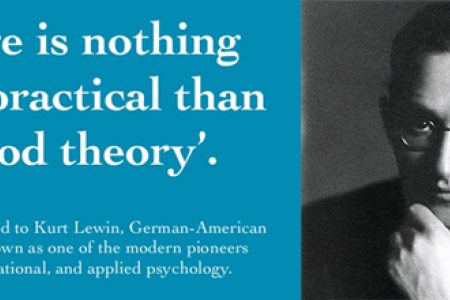Within five minutes, Nico Frijda is there…
Nico Frijda, professor emeritus University of Amsterdam, passed away on April 11, just before his 87th birthday. His legacy is enormous. His book The Emotions (1986) radically changed perspectives on emotions. The amazing thing, it is still doing so today!
